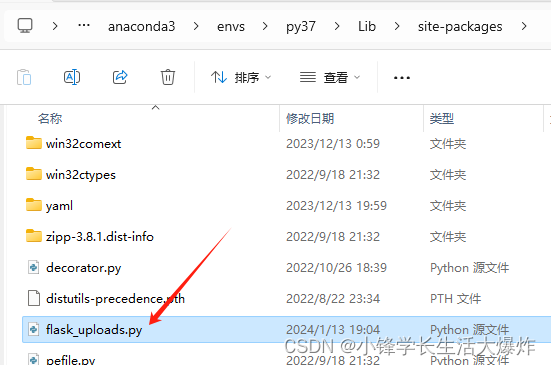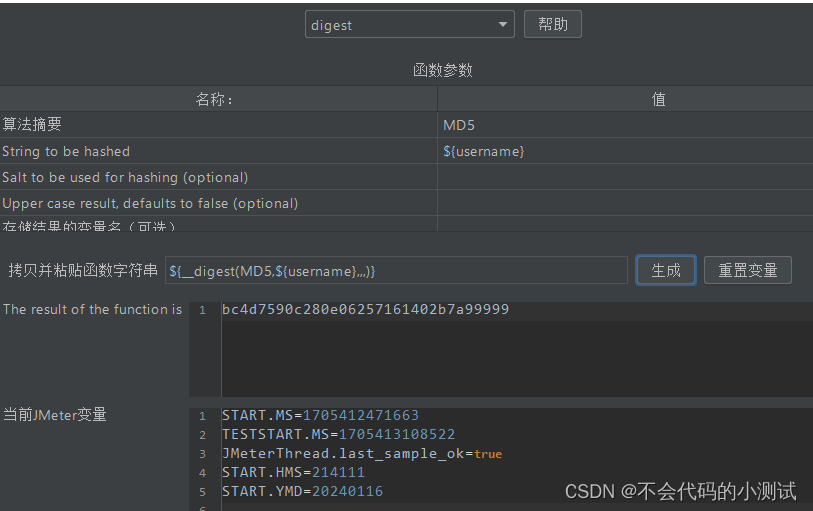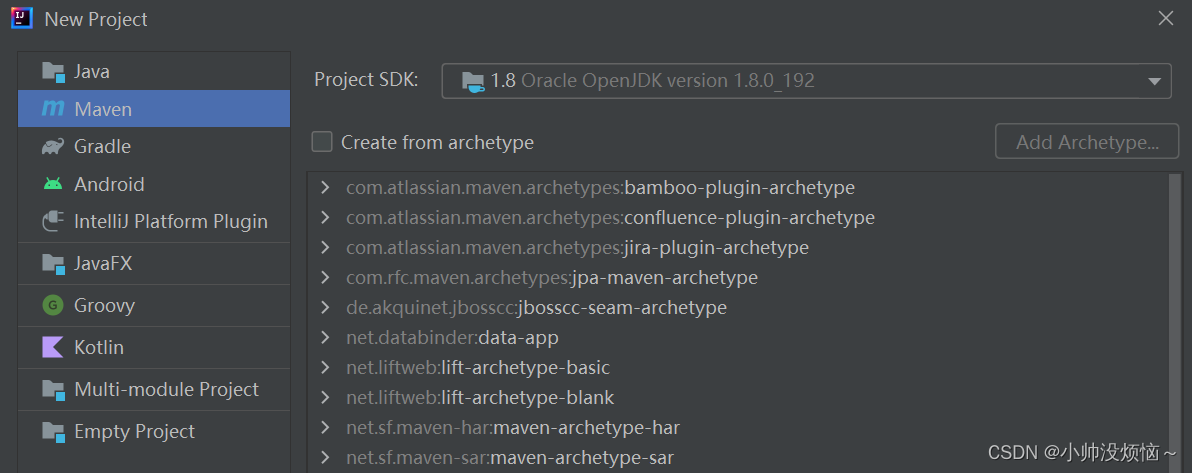本文介绍: SHA-256(Secure Hash Algorithm 256-bit)是一种密码学安全哈希算法,用于将任意长度的数据转换为固定长度的哈希值,通常为256位(32字节)。SHA-256是SHA-2(Secure Hash Algorithm 2)系列算法的一部分,被广泛应用于密码学和数据完整性验证等领域。我们可以使用SHA-256实现文件的完整性的验证。
SHA-256
SHA-256(Secure Hash Algorithm 256-bit)是一种密码学安全哈希算法,用于将任意长度的数据转换为固定长度的哈希值,通常为256位(32字节)。SHA-256是SHA-2(Secure Hash Algorithm 2)系列算法的一部分,被广泛应用于密码学和数据完整性验证等领域。
我们可以使用SHA-256验证文件的完整性
Java实现方式
Kotlin实现
MD5
MD5(Message Digest Algorithm 5)是一种广泛使用的哈希函数,用于将任意长度的数据转换为固定长度的哈希值,通常为128位(16字节)。MD5 的主要特点是产生的哈希值具有较高的唯一性和不可逆性,通常用于验证数据的完整性、密码存储、数字签名等领域。
Java
声明:本站所有文章,如无特殊说明或标注,均为本站原创发布。任何个人或组织,在未征得本站同意时,禁止复制、盗用、采集、发布本站内容到任何网站、书籍等各类媒体平台。如若本站内容侵犯了原著者的合法权益,可联系我们进行处理。






